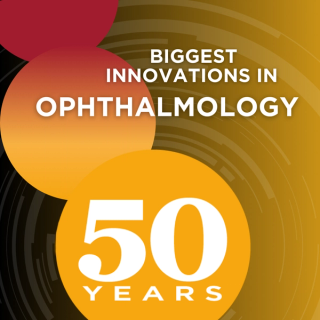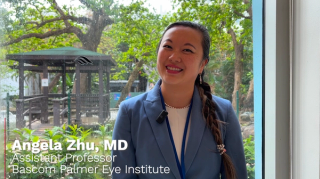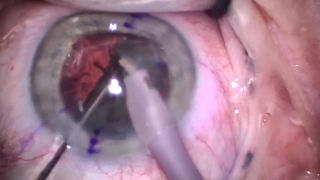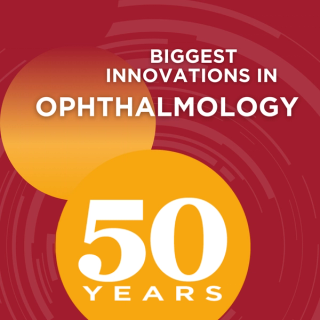
Cataract Surgery
Latest News
Latest Videos

CME Content
More News

Verana Health’s newly launched Qdata Cataract offers a comprehensive dataset to improve outcomes, reduce complications and enhance IOL technology.
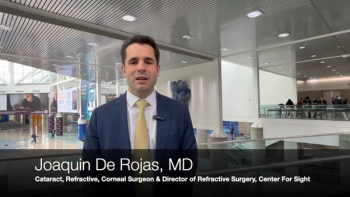
A machine learning model using treated astigmatism and other nuanced inputs can significantly improve the accuracy and personalization of arcuate keratotomy planning

The research team from the University of Cincinnati surveyed 42 patients 50 years of age and older at Hoxworth Eye Clinic
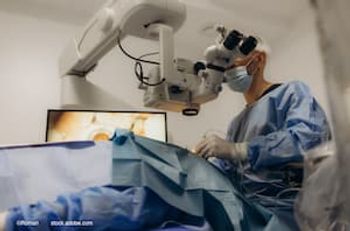
Alex Hacopian, MD, highlights how a recent ambispective study demonstrated strong visual acuity outcomes and patient satisfaction following bilateral implantation of an advanced presbyopia-correcting intraocular lens.
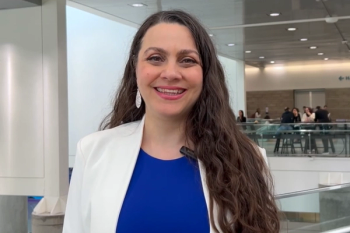
Lisa Nijm, MD, says preoperative osmolarity testing can help clinicians manage patient expectations and improve surgical results.

A study reports minimal rotation and improved near vision following implantation of the Eyhance toric lens.

Sheng Lim, MD, FRCOphth, discussed the CONCEPT study, which compared standalone cataract surgery to cataract surgery with ECP.

George O. Waring IV, MD, FACS, discusses the “vision for a lifetime” approach and how modern advancements allow tailored treatments for every stage of eye maturity.

Abby Markward, MBA, executive director of the ASCRS Foundation and ASOA, discusses the foundation's global initiatives and the ASCRS Party for a Purpose.

Mah previews a packed 2025 Annual Meeting, from the debut of SightLine to Dr. Glaucomflecken’s return to the main stage, and outlines his priorities for the year ahead as incoming ASCRS president.
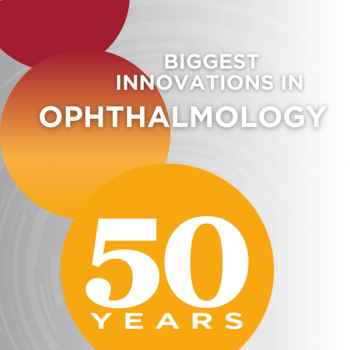
In celebration of Ophthalmology Times' 50th anniversary, we asked leading experts in the field what they see as the biggest innovation in ophthalmology in the past 5 decades.
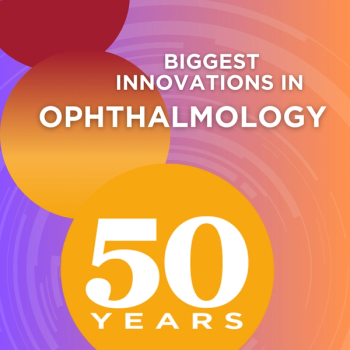
In celebration of Ophthalmology Times 50th anniversary, we asked leading experts in the field what they see as the biggest innovation in ophthalmology in the last 5 decades.
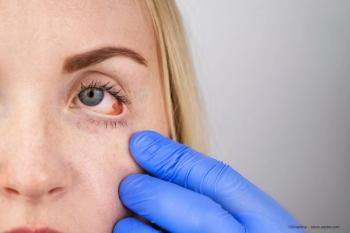
Brazilian researchers conducted a study comparing two treatments for postoperative endophthalmitis. They found that pars plana vitrectomy followed by an intravitreal antibiotic injection (PPV + IVAIES) was more effective than using an intravitreal antibiotic injection alone (IVAI).

Intraoperative floppy iris syndrome is associated with an increased rate of severe intraoperative complications and greater visual morbidity during cataract surgery

The bio-interventional platform is for uveoscleral outflow enhancement in open-angle glaucoma patients undergoing combined cataract surgery.

Cationic emulsion drops are characterized by their ability to retain cyclosporine A on the ocular surface.

Italian investigators reported that ocular surface conditions such as dry eye disease are key factors in perioperative outcomes, even when patients achieve 20/20 vision.
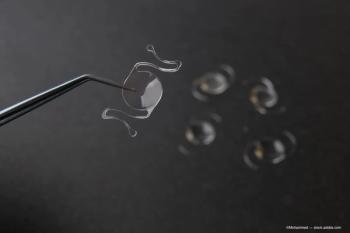
Monofocal IOLs, along with advanced phacoemulsification technology, offer tailored solutions.

Shameema Sikder, MD; and T. Y. Alvin Liu, MD, highlight the technology’s role in bridging challenges and successes for clinical practice.

From easing fears to improving mood, a recent study explores how music transforms the surgical experience for both patients and health care teams.
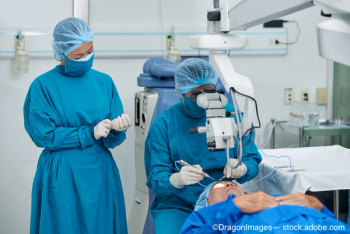
According to the company, VVN461, a non-steroidal dual JAK1/TYK2 immunomodulator, achieved its primary endpoint, demonstrating statistical and clinical efficacy compared to vehicle in treating post-operative inflammation following cataract surgery.

Melt Pharmaceuticals announced positive results from its Phase 3 study of MELT-300, a non-IV, non-opioid tablet for procedural sedation during cataract surgery. The results support a regulatory submission, with potential to revolutionize sedation practices in various medical specialties.
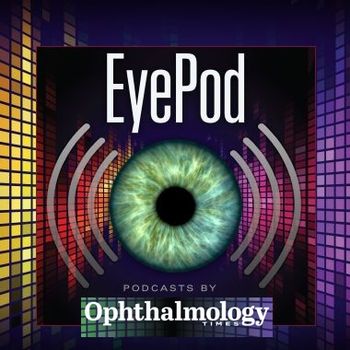
Connect, learn, and innovate in a family-friendly atmosphere: What to expect at EnVision Summit 2025
The EnVision Summit, co-founded by Bonnie An Henderson, MD, is a unique family-oriented, multispecialty ophthalmology CME conference, along with a newly introduced optometry track. Henderson sits down with Ophthalmology Times to talk about the 2025 conference that will take place February 14 to 17 at the Caribe Hilton San Juan, in Puerto Rico.
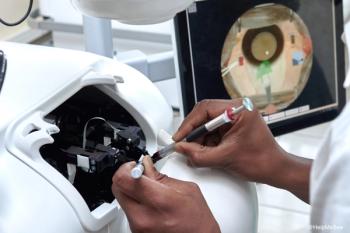
HelpMeSee’s Mazava Project trains general practitioners in Madagascar to perform cataract surgeries, addressing the country’s high rate of avoidable blindness. Trainees gain proficiency through simulation-based learning and live surgeries, improving access to eye care in remote areas.
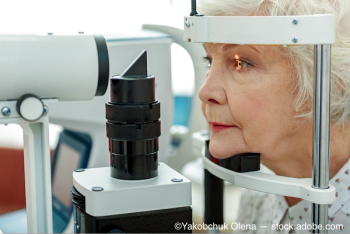
HelpMeSee has partnered with new initiatives to address the global cataract blindness crisis, focusing on empowering women in low- and middle-income countries. Through training and education, the organization aims to reduce gender inequality and improve socioeconomic outcomes worldwide.







